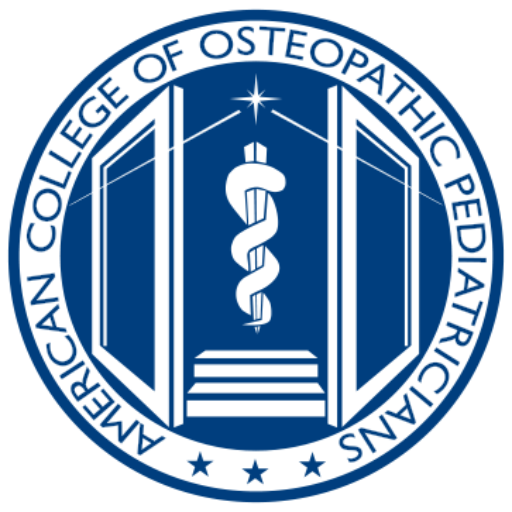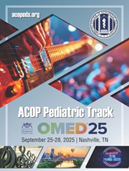In 2000 the CDC officially declared that the highly contagious measles virus had been eliminated in the United States. This was made possible in large part to an aggressive vaccination campaign and increasing advocacy and education by healthcare workers. In recent years, however, we have begun to see an increase in cases returning throughout the country. While many of these cases can be traced to the virus entering the US via infected travelers from countries that do not offer routine measles vaccination, the increasing “anti-vax” movement, whether due to religious, medical, or moral objection, has also led to the creation of measles hot spots throughout the country. We are currently facing such an outbreak as the CDC has already reported 349 documented cases of measles as of February 2019, almost as many cases as were reported in the entire year of 2016, with new cases continuing to be reported weekly. These cases have been primarily located in pockets of Washington State, New York City and areas in upstate New York.
Measles is a highly contagious virus, with a contraction rate of nearly 90% for exposed unvaccinated individuals. This is complicated by a prolonged incubation period averaging 10-12 days but can be as long as weeks before an infected individual begins to exhibit the classical symptoms of high fevers, cough, conjunctivitis, severe congestion, and diffuse rash. An infected person can be contagious and spread the virus for a timespan that includes 4 days prior to becoming symptomatic and extending to as long as 4 days after the rash has subsided. The virus is spread through direct contact or through airborne contact with droplet particles which can remain in the air up to 2 hours after the infected person has left the area.
Measles poses a greater risk than the acute illness as those infected run the risk of developing permanent brain damage as a direct result of virus induced encephalitis, death from respiratory or neurologic compromise, or a rare but fatal degenerative central nervous disease known as subacute sclerosing panencephalitis which may not show up until 7-10 years after the infection.
To date the safest and most effective method of battling this illness is through effective immunization with the MMR vaccine. Children can routinely receive this vaccine at 1 year of age but can receive it as early as 6 months if traveling to an area known to be of high risk of infection, followed by a booster at 4 years of life. This vaccine is effective in both preventing the transmission of the virus as well as serving as a form of post-exposure prophylaxis if given to a previously unvaccinated individual within the first 72 hours of exposure.
The American College of Osteopathic Pediatricians stands with our colleagues and fellow professional colleges in advocating for an increased push in the advocacy and education of the public, especially those at highest risk, regarding the safety and efficacy of the MMR vaccine as well as the danger the measles virus poses to the community. Only through effective vaccination can we once again eradicate this virus from the United States and prevent numerous illnesses and deaths among our most vulnerable population. Please follow the included links to the CDC.gov website where you can learn how to educate patients and families, as well as how to detect a possible measles case in your practice and what to do if you believe you have come into contact with a person infected with measles.
CDC Measles Homepage: https://www.cdc.gov/measles/index.html
Information for Parents and Caregivers: https://www.cdc.gov/measles/resources/parents-caregivers.html
Resources for caregivers: https://www.cdc.gov/measles/hcp/index.html
Written by:
Jason R. Jackson, DO
ACOP Fellow Trustee
Endorsed by the ACOP Board of Trustees
Edward Packer DO, FACOP, FAAP, President
Jacqueline Kaari DO, FACOP, Vice President
Marta Diaz-Pupek DO, FACOP, FAAP, Secretary/Treasurer
Carl Backes DO, FACOP, FAAP, Immediate Past President
John Applegate DO, FACOP, Trustee
Jude Cauwenbergh DO, FACOP, Trustee
Jamee Goldstein DO, FACOP, Trustee
Tami Hendriksz DO, FACOP, Trustee
Ava Stanczak DO, FAAP, FACOP, Trustee
Jason Jackson DO, Fellowship Trustee
Christine Beeson DO, Resident Trustee
Erin Thornley, Resident Trustee
Ashley J. Van Putten, DO, Intern Trustee
Samantha DeMarsh, Student Trustee
Roxanne Waggoner, Student Trustee



